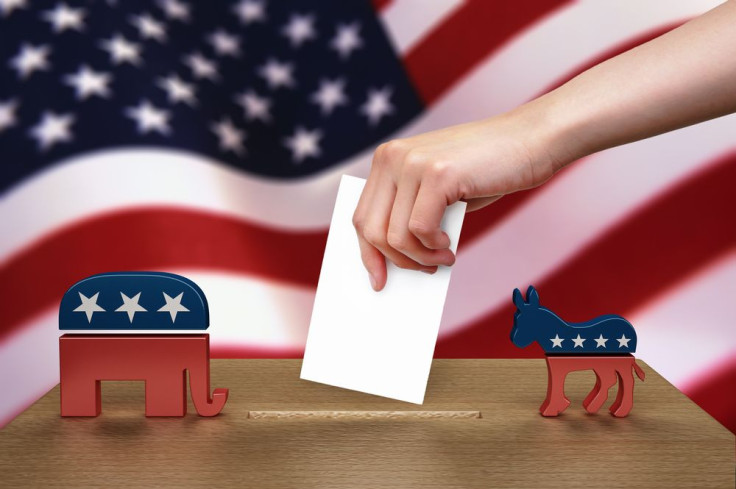Liberals vs. Conservatives: Who (Supposedly) Has More Self-Control?

Does political ideology really give away your personality? There’s no short supply of studies suggesting it does: left-wing parties might be sympathetic toward other parties' proposals', both far-left and far-right ideologies might buy more into conspiracy theories, while conservatives might be personally happier, but less likely to live as long as liberals. These measured differences are subtle, and they would need to be replicated before concluding anything definitive about a particular party. The same applies to a recent study published in the Proceedings of the National Academy of Sciences.
Researchers from the University of Cincinnati conducted three separate studies involving conservative and liberal students from two Midwestern universities. The first study asked students to sit in front of a computer and identify words representing a certain color on an opposite background. So a word representing the color yellow would appear on a blue background. While both conservative and liberal students made the correct identification, conversations did so quicker, which suggest they “might be better able to fixate their attention on a task.”
In the second study at a different university, conservative respondents still responded quicker than their liberal peers, but they also believed more in freewill.
“Both conservatives and liberals reported that they wanted to perform well, but again, conservatives were responding faster, and this faster response stemmed from their stronger belief in freewill,” Joshua John Clarkson, study author and assistant professor of marketing at U-Cinn, said in a press release. “That is, conservatives’ belief in their responsibility for their outcome contributed to their faster responding.”
Students were given a different task in the third study, where they were asked to create as many English words as they could from a seven-letter anagram with the option to stop whenever they wanted. These results showed conservatives not only spent more time on the task, but they outperformed liberals, especially when they also believed in free will — an especially interesting finding, Clarkson said.
“…one could imagine a host of situations where knowing you are responsible for your actions could lead to frustration, anxiety, and other negative emotions that could impair self-control,” he explained. “In these contexts, these findings would suggest liberals will demonstrate greater self-control.”
Only in these set of studies they didn’t; conservatives were the ones more likely to believe in self-control. But again, these findings aren’t representative of every single person you know is conservative. In fact, Psychological Science published a study in 2013 that found political self-images are often incorrect. Some parties overestimated their own uniqueness, while others overestimate their group’s internal consensus.
Source: Clarkson J.J, Chambers J.R, Hirt E.R, et al. The self-control consequences of political ideology. PNAS. 2015.
Published by Medicaldaily.com



























